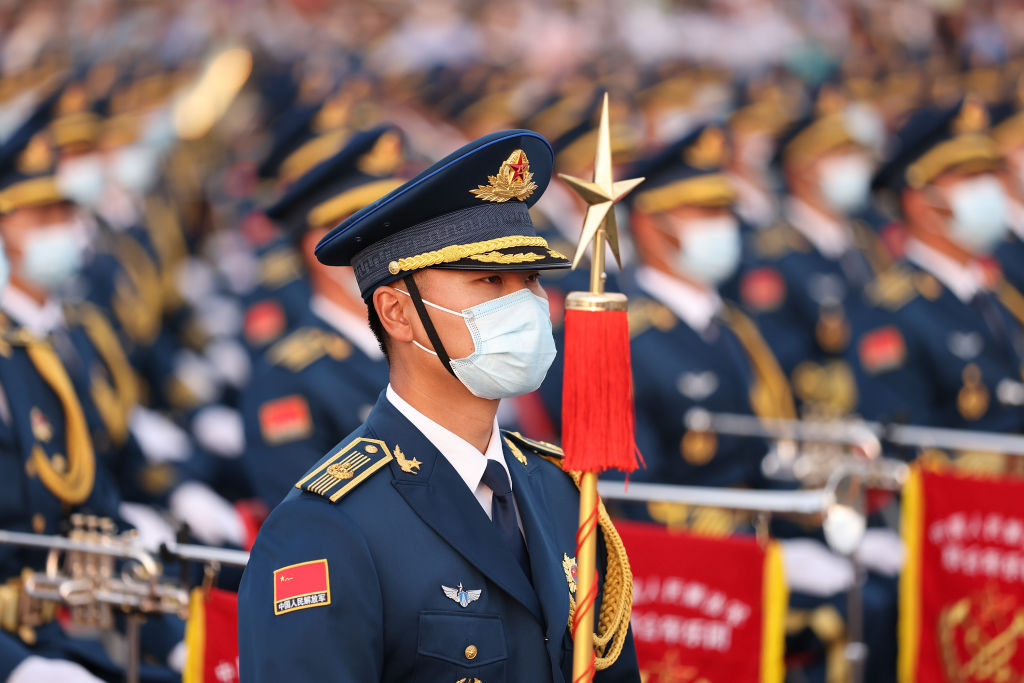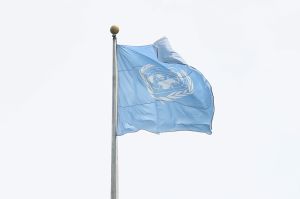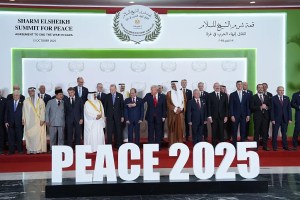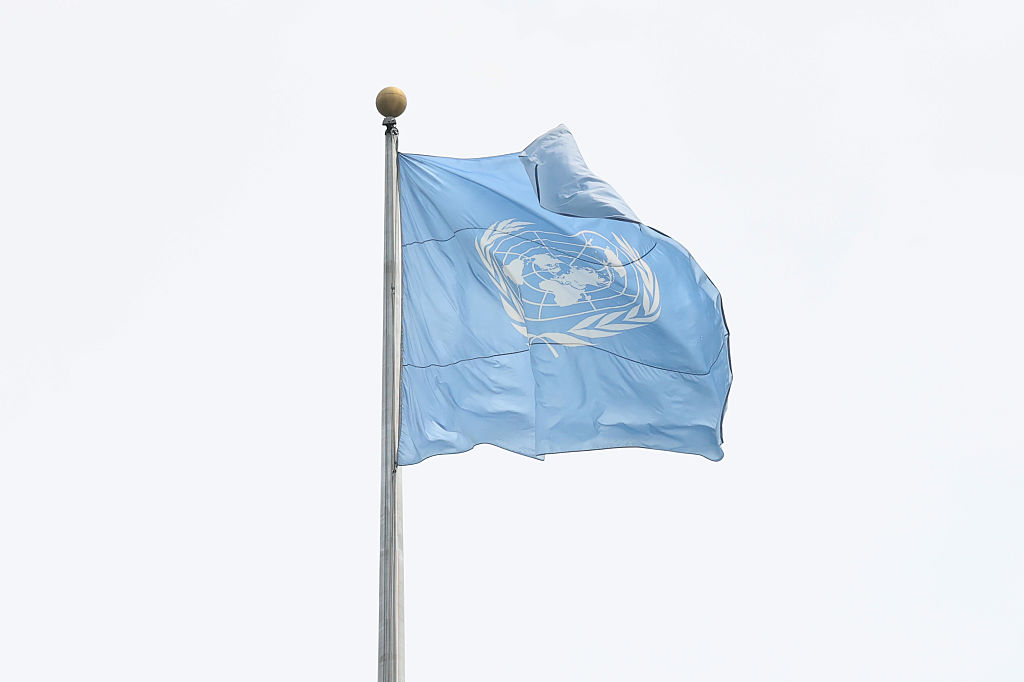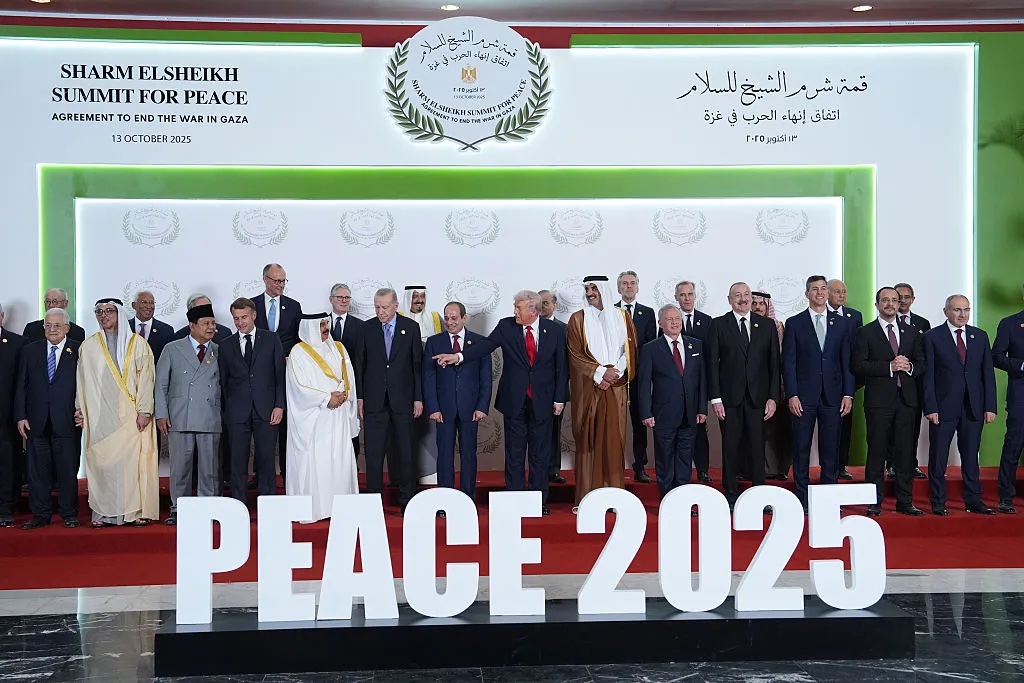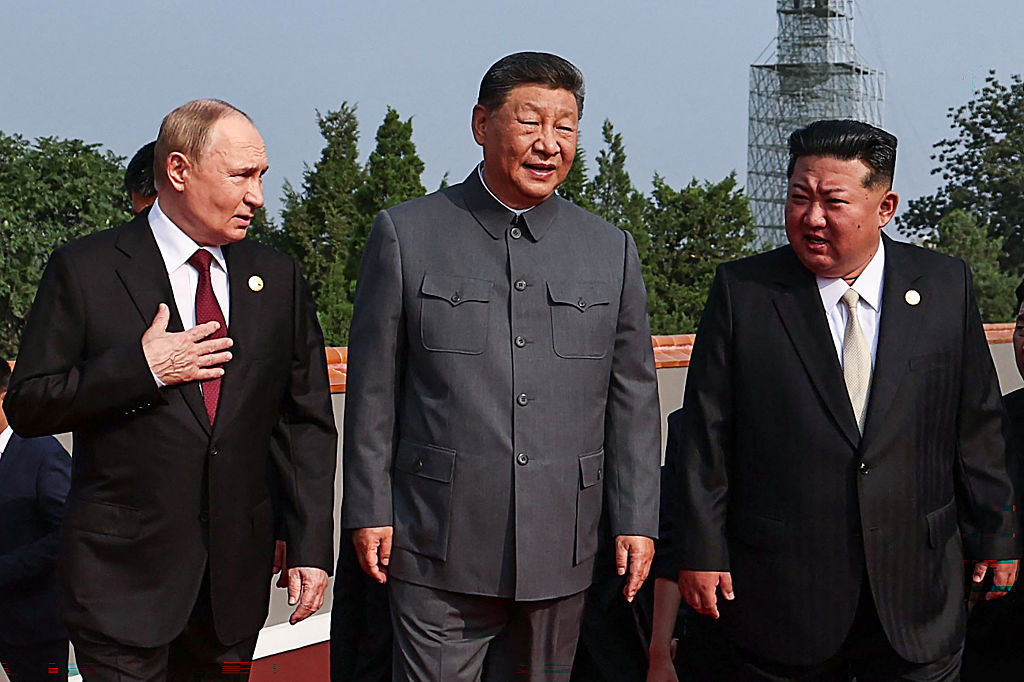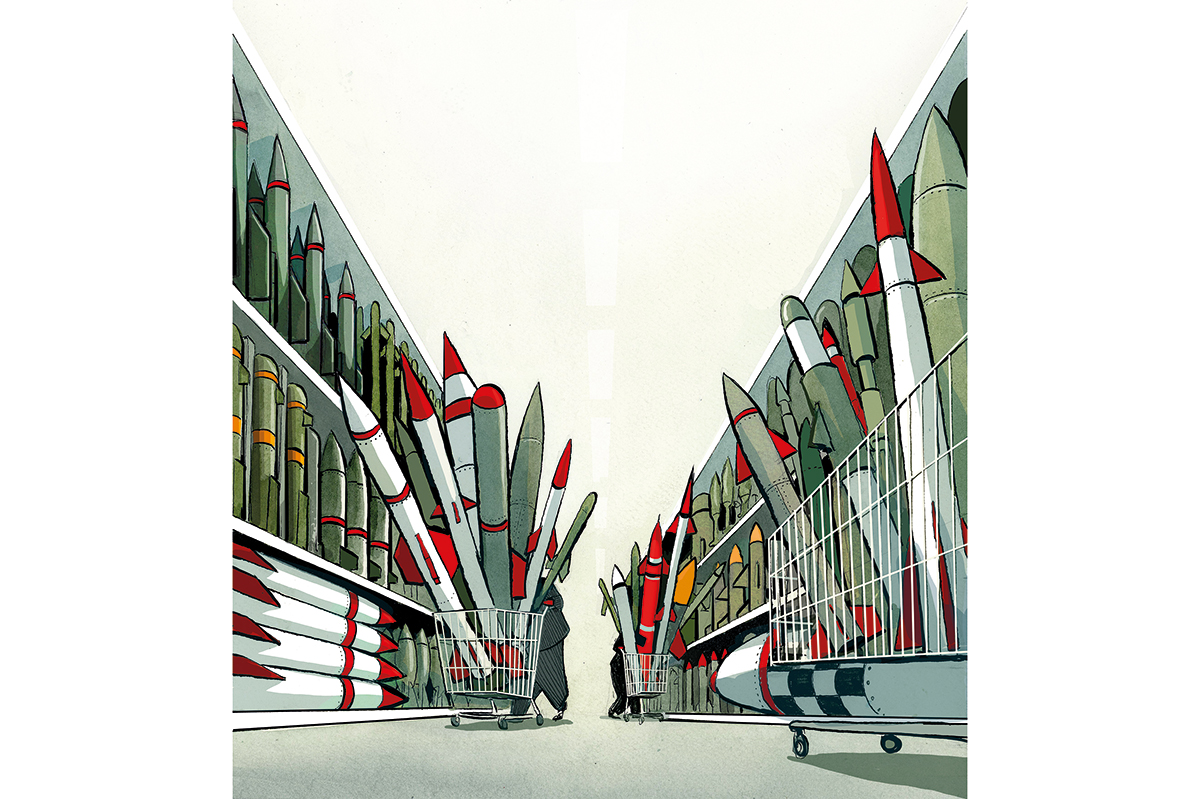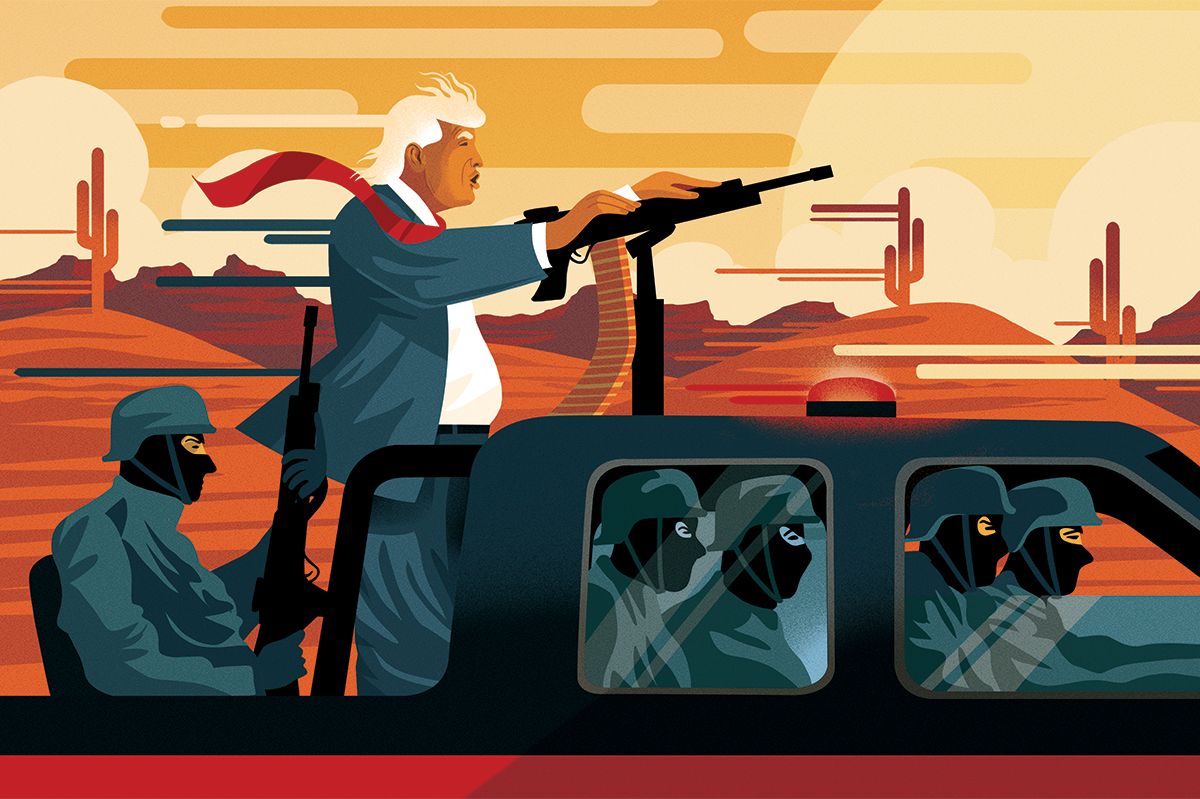Some time between now and the next 10 years war between the United States and Communist China is certain. The only questions are when and how it will start — and how many millions of people will die.
Why would I dare make such a bold prediction? Simple. History has conspired to create the perfect mix: trillions of dollars in trade up for grabs, a geopolitical rivalry, military tensions, bad blood, competing national egos and a quest for tech dominance. Washington and Beijing seem on the way to a world war the likes of which mankind has never before seen.
And the most likely spark for this war is Taiwan. An island nation — sorry, Beijing, but it is, in fact, a nation — of 23 million people has embraced a messy form of democracy that is considered by Chinese president Xi Jinping to be an existential threat to his Communist party. Wave after wave of Chinese fighter jets and bombers are edging ever closer to Taiwan, while Beijing continues to warn that Taipei is nothing more than a renegade province that must be made to heel — or some day face invasion and destruction. For Xi, every day that Taiwan remains a democracy is a clear reminder to the Chinese on the mainland that there is an alternative to the CCP — and that simply cannot stand.
None of this comes as a surprise to anyone who has been watching the region for say the last decade or so. China has been steadily building up its offensive capabilities for this moment, telling anyone who will listen that before it becomes a military superpower it must first dominate the island, ensuring that Washington can never again interfere with its wants and needs — or hand it a serious military defeat. The subjugation and/or military conquest of Taiwan is the clear central focus of such a strategy.
But before we get to talk of a war, let’s consider for a moment how we could get there. The crisis would most likely be triggered by some sort of accident. History shows this can happen: consider the 2001 US-China EP-3 crisis when an American fighter jet and Chinese spy plane collided in midair, sparking a showdown that briefly turned our world upside down. While the Bush administration at the time issued a strange apology to Beijing, allowing tensions to cool, there is no chance that China, America, or Taiwan would back down today.
While we can try to game what each side might or might not do, I fear China would love an excuse to use its newfound offensive prowess. As Beijing understands all too well, its military capabilities — centered on thousands of ballistic and cruise missiles that could wipe out nearby US military bases and naval assets — are geared towards striking in a surprise attack with massive force. That means Chinese generals could convince President Xi that now is the time for war. China could attempt their very own shock-and-awe style of attack, destroying all the staging areas and forward-deployed assets America and its allies would need to battle China.
Beijing would hope to do so much damage, obliterate so many bases, sink so many aircraft carriers, that Washington would need to come across the Pacific and fight its way back to save Taiwan from eventual enslavement. The bet would be that Team Biden, having no stomach to stay in Afghanistan with just 2,500 troops, would not risk a nuclear war for an island most Americans can’t even find on a map.
In fact, a Pearl Harbor-style bolt from the blue after a crisis broke out might just be irresistible to China. While Beijing loves to boast that its economy will surpass America’s and its military is now the second largest on Earth, China’s rise has clearly peaked. In fact, as the years pass, Beijing will rapidly age, with hundreds of millions of Chinese becoming elderly at a rapid pace. Combined with a mounting level of debt that rarely gets much press, the Chinese Communist party knows all too well that if it wants to kick the US out of Asia for good and achieve its dream of superpower status through armed conflict, now might just be the best time. And with America clearly reorienting its military posture towards Asia, the clock is ticking.
Yet before you start practicing duck-and-cover, there is hope. I have always been of the mindset that the Chinese people, seeing the example of a democratic Taiwan, and growing richer by the second, won’t forever allow the CCP to control their destiny. My great hope is an awakening will see the destruction of the Chinese Communist party and the rise of a free government in Beijing.
If not, America and Communist China will find themselves in an armed conflict. It’s just a matter of when.
Harry J. Kazianis is a senior director at the Center for the National Interest and executive editor of its publishing arm, the National Interest. He is the author of the book The Tao of A2/AD, a look at Chinese military strategy in the Indo-Pacific region.



